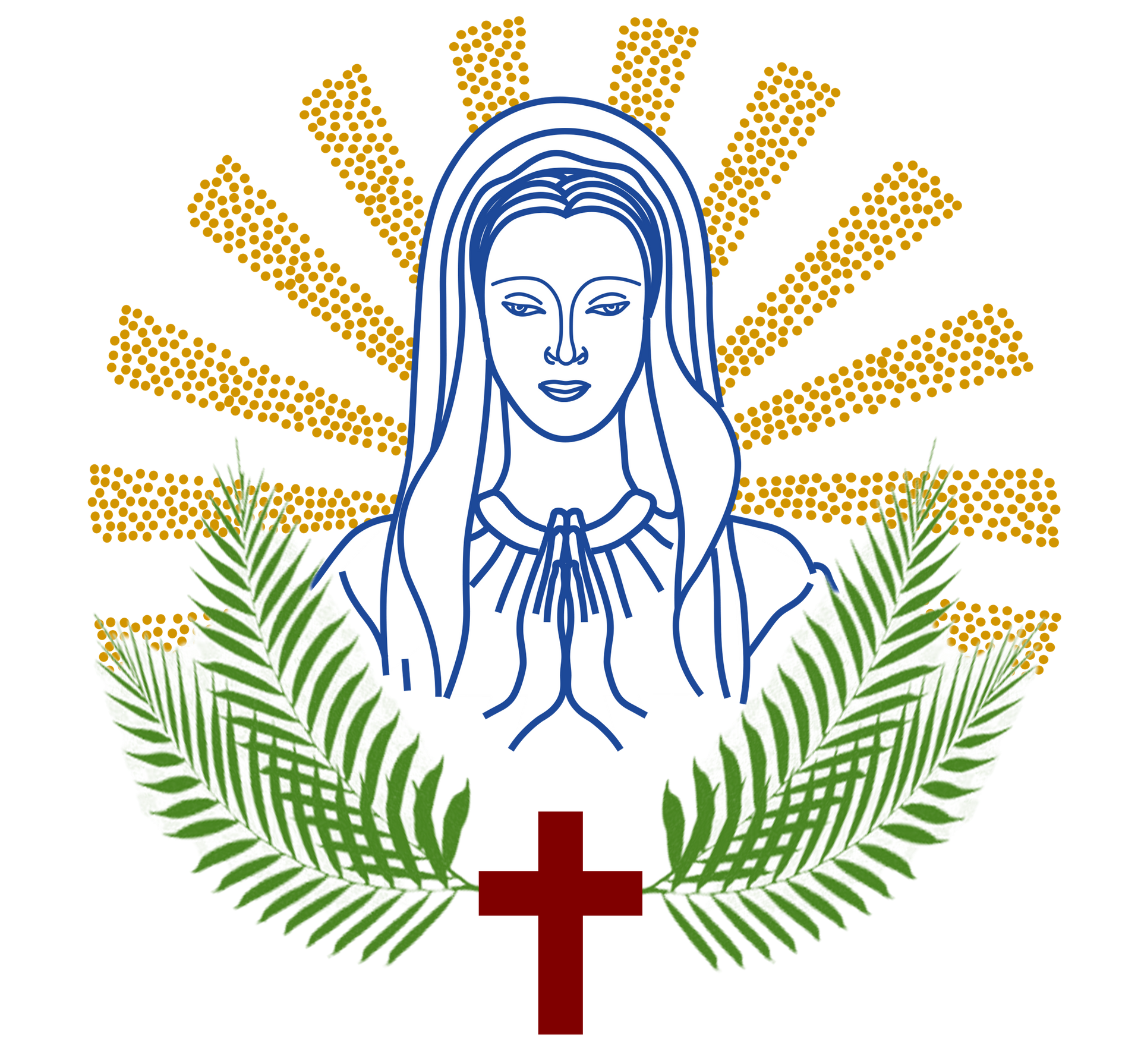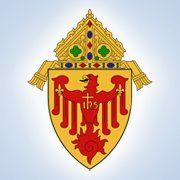Matrimony
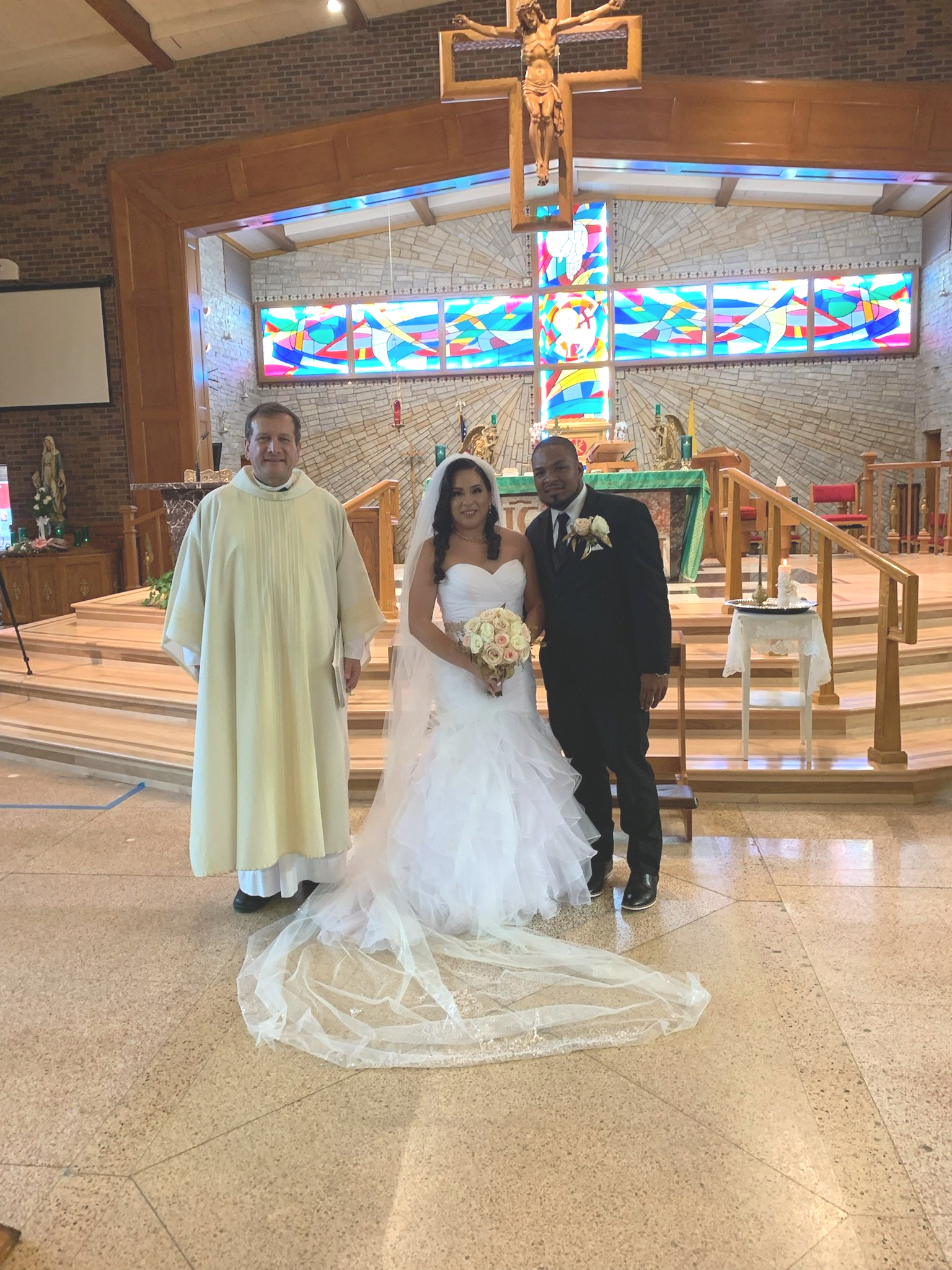
Slide title
Write your caption hereButton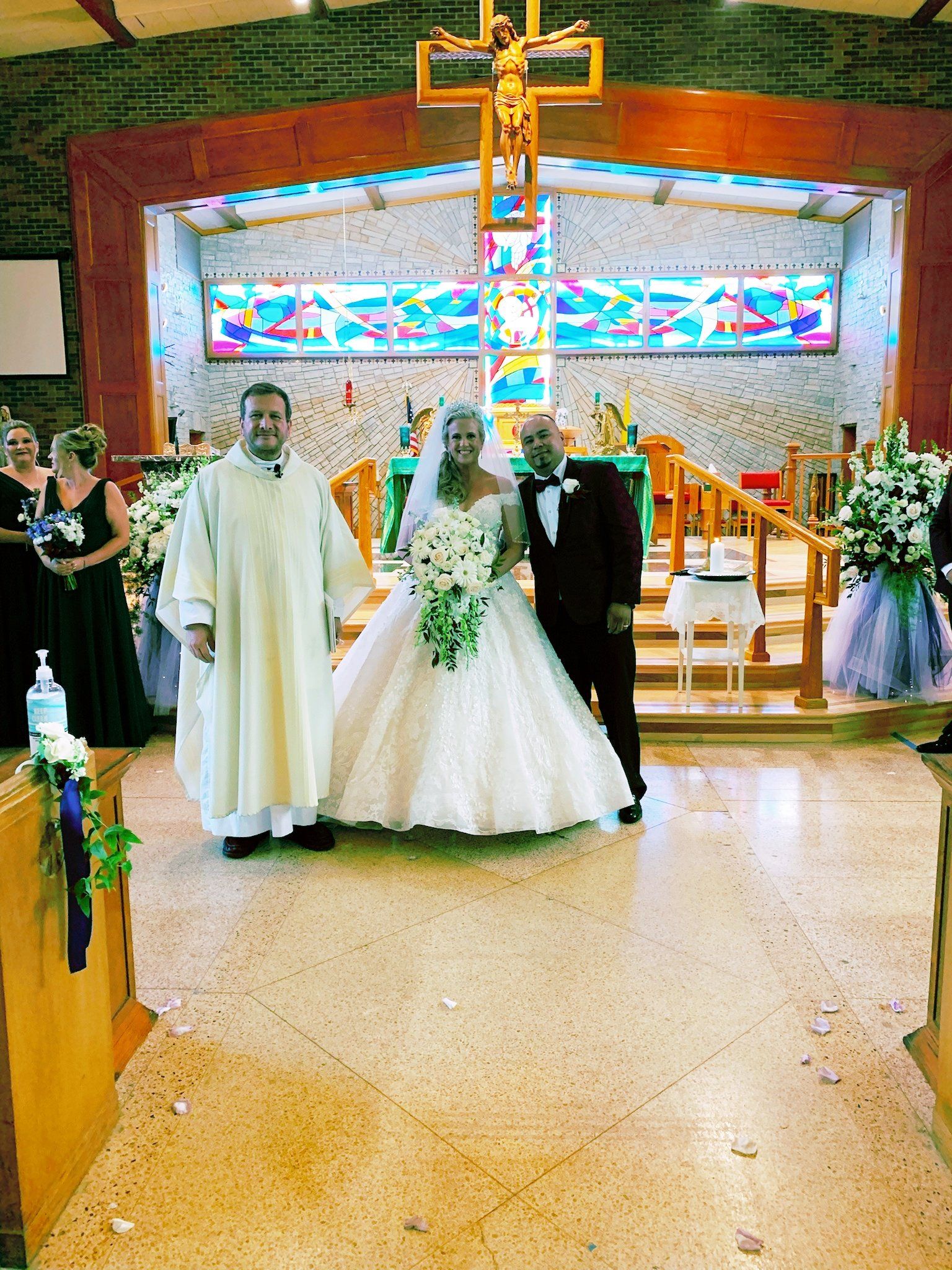
Slide title
Write your caption hereButton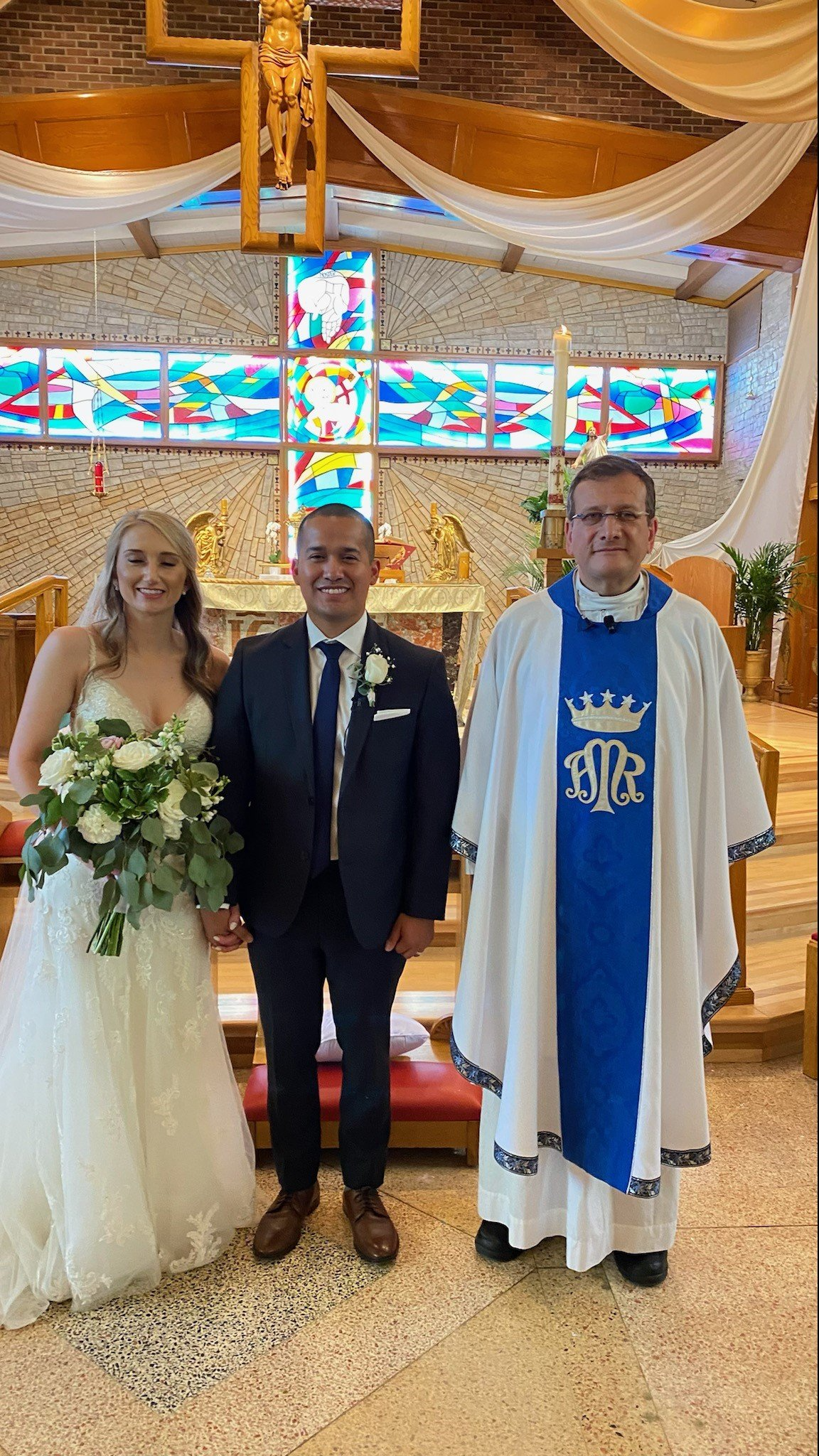
Slide title
Write your caption hereButton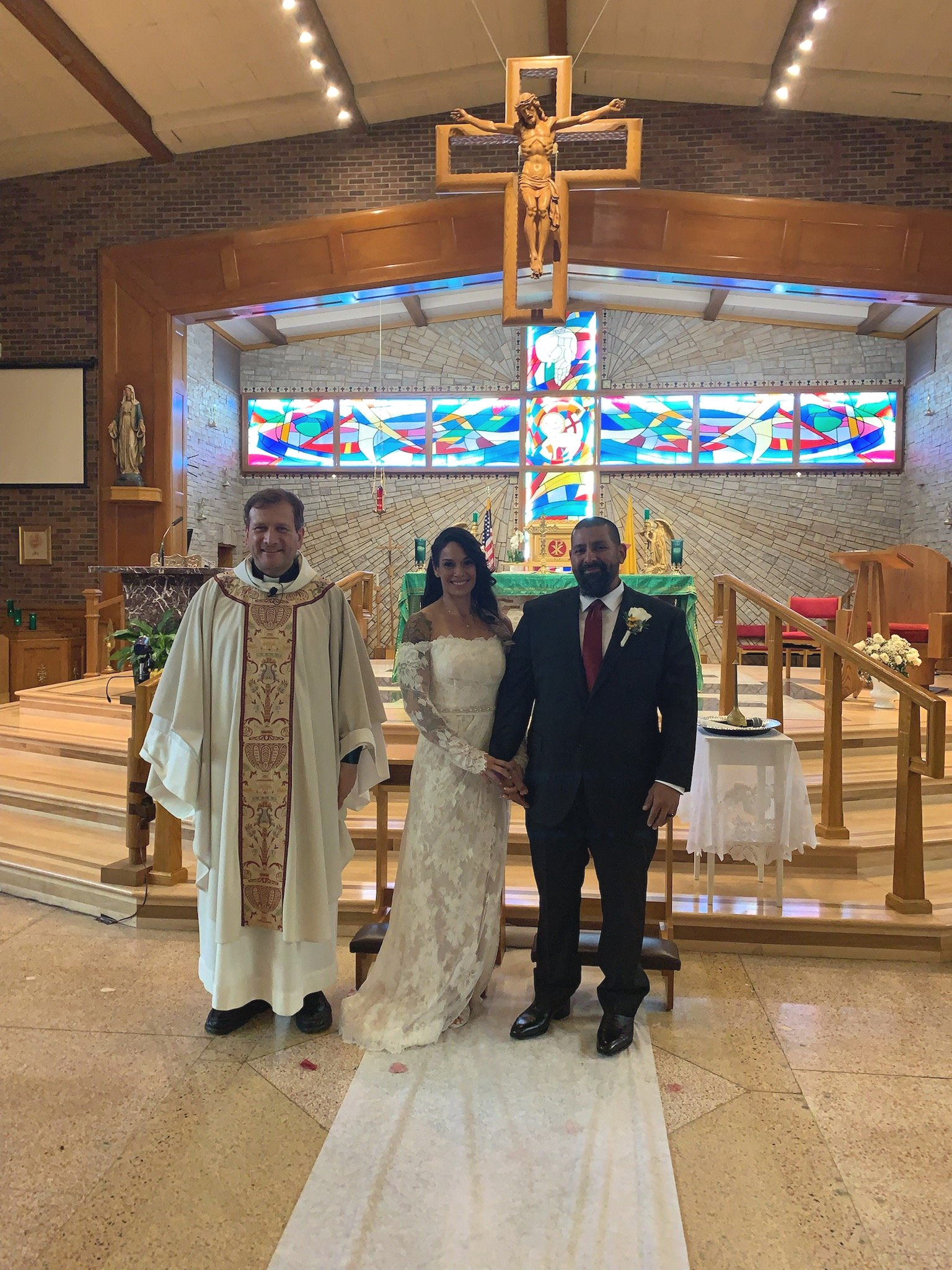
Slide title
Write your caption hereButton
God who created man out of love also calls him to love the fundamental and innate vocation of every human being. For man is created in the image and likeness of God who is himself love.90 Since God created him man and woman, their mutual love becomes an image of the absolute and unfailing love with which God loves man. It is good, very good, in the Creator's eyes. and this love which God blesses is intended to be fruitful and to be realized in the common work of watching over creation: "and God blessed them, and God said to them: 'Be fruitful and multiply, and fill the earth and subdue it.'"91
Scriptural basis: 1605 Holy Scripture affirms that man and woman were created for one another: "It is not good that the man should be alone."92 The woman, "flesh of his flesh," i.e., his counterpart, his equal, his nearest in all things, is given to him by God as a "helpmate"; she thus represents God from whom comes our help.93 "Therefore a man leaves his father and his mother and cleaves to his wife, and they become one flesh."94 The Lord himself shows that this signifies an unbreakable union of their two lives by recalling what the plan of the Creator had been "in the beginning": "So they are no longer two, but one flesh." CCC
Who can receive the sacrament?
- Baptized Christians: Both partners do not have to be a Catholic in order to be sacramentally married in the Catholic Church, but both must be baptized Christians (and at least one must be a Catholic). Non-Christians cannot receive the sacraments. For a Catholic to marry a non-Catholic Christian, express permission is required from his or her bishop.
- The Freedom to enter marriage
- Not being under constraint (e.g. previous marriage)
- Not being impeded by any natural or Church law
- Public ratification (expression of consent)
- Unity (intention of exclusive love)
- Indissolubility (the intention of a permanent love)
- Openess to fertility (the intention of a love open to children)
Who can administer the sacrament?
The couple witnessed by a priest or deacon who elicits their intention (questions preceding the vows) and their consent (wedding vows).
How is it celebrated?
It is celebrated in church either during a mass or as a stand alone ceremony.
What are the sacrament’s effects?
- Perfects the spouses love for one another
- Stengthens the spouses unbreakable unity
- Sanctifies the spouses on their way to eternal life
Call the office at (847) 824-2026 to set up an appointment with a deacon.
